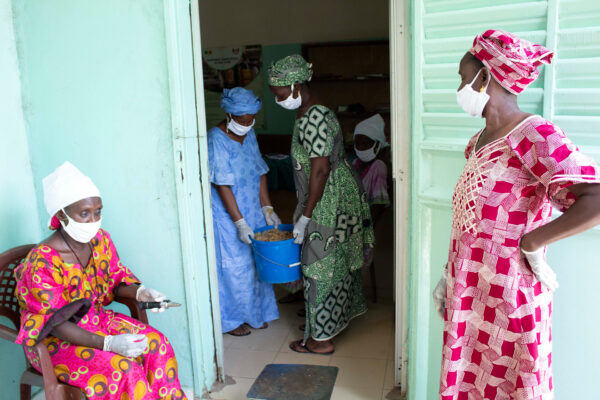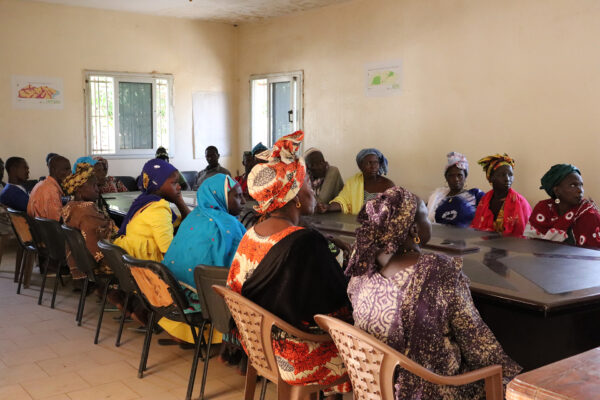Has the pandemic forced you to change your lifestyle or deprive yourself of certain consumer goods that have become unavailable? Did it help you save money? Or did it require you to cut down on your expenses?
While some people affected by the health context have chosen to sell one of their cars or withdraw some of their savings to maintain their standard of living, others have had to turn to food banks to be able to eat and continue paying their rent. Some people have had to skip one or more meals, reduce their protein intake or eat more cheap starchy foods. These strategies, which vary according to the precariousness of each individual, are called coping strategies.
As a rule of thumb, the less our coping strategies impact our living conditions and food security, the more resilient we are.
.
What, then, is food security?
According to the definition adopted by FAO in 1996, it means that all people, at all times, have physical, social, and economic access to sufficient, safe, and nutritious food that meets their food preferences and dietary needs for an active and healthy life. (A long sentence that gives perspective for the rest …)

West Africa Division
A study by SOCODEVI in four West African countries (Mali, Senegal, Ghana and Côte d’Ivoire) found that the COVID-19 pandemic has increased the prevalence of household food insecurity. This is especially true in countries with more stringent health measures (lockdown and limited movements).
This IDRC-funded research project enabled us to meet with 716 women and 554 men belonging to cooperatives supported under the PROCED and FARM projects and to better understand the impacts of the COVID-19 pandemic on their lives.
The advantage of being a member of an active co-operative
The key question we asked ourselves was
Have people belonging to active cooperatives demonstrated greater resilience during the pandemic than people belonging to low activity or inactive cooperatives?
The answer is yes!
We made three major observations.
- The most active cooperative enterprises have been able to maintain their distribution channels in spite of the pandemic.
- The members of the most dynamic cooperatives have suffered less income loss during the pandemic, thus promoting their economic access to food (food security) and greater resilience during COVID-19.
- Cooperatives that are able to maintain and develop services help promote the resilience of their members.
Cooperatives that have managed to maintain their services and put in place special measures to either raise their members’ awareness of COVID-19 or mitigate its effects have contributed to limiting the consequences of the pandemic and diminishing the impacts on their members.
By listening to their members and being active in their communities, some co-operatives have acted as a social safety net for their members.
In some cases, they have done so by preserving their distribution channel (which has helped maintain income flow for households). In other cases, they have offered credit for input purchases or raised awareness among their members in order to reduce feelings of fear.

Let’s think co-op!
Cooperatives can play a key role in communities as economic stakeholders.
Co-ops also foster social cohesion, given that their very structure is premised on solidarity! They have been designed to foster human interaction within and between communities.
The presence of active cooperatives is a major asset in communities, enabling them to weather this crisis, but also to build a solidarity-based, sustainable and inclusive economy.